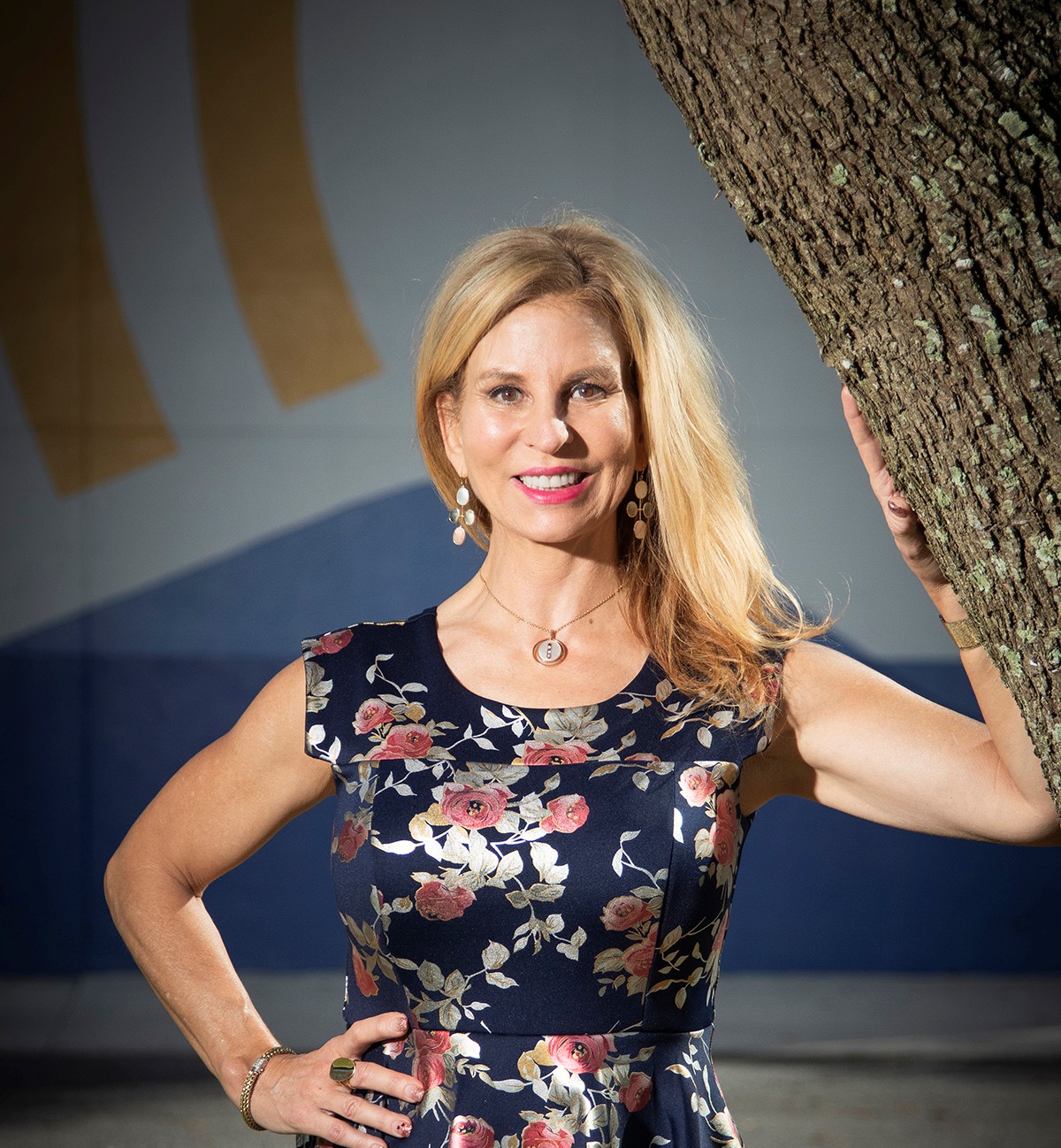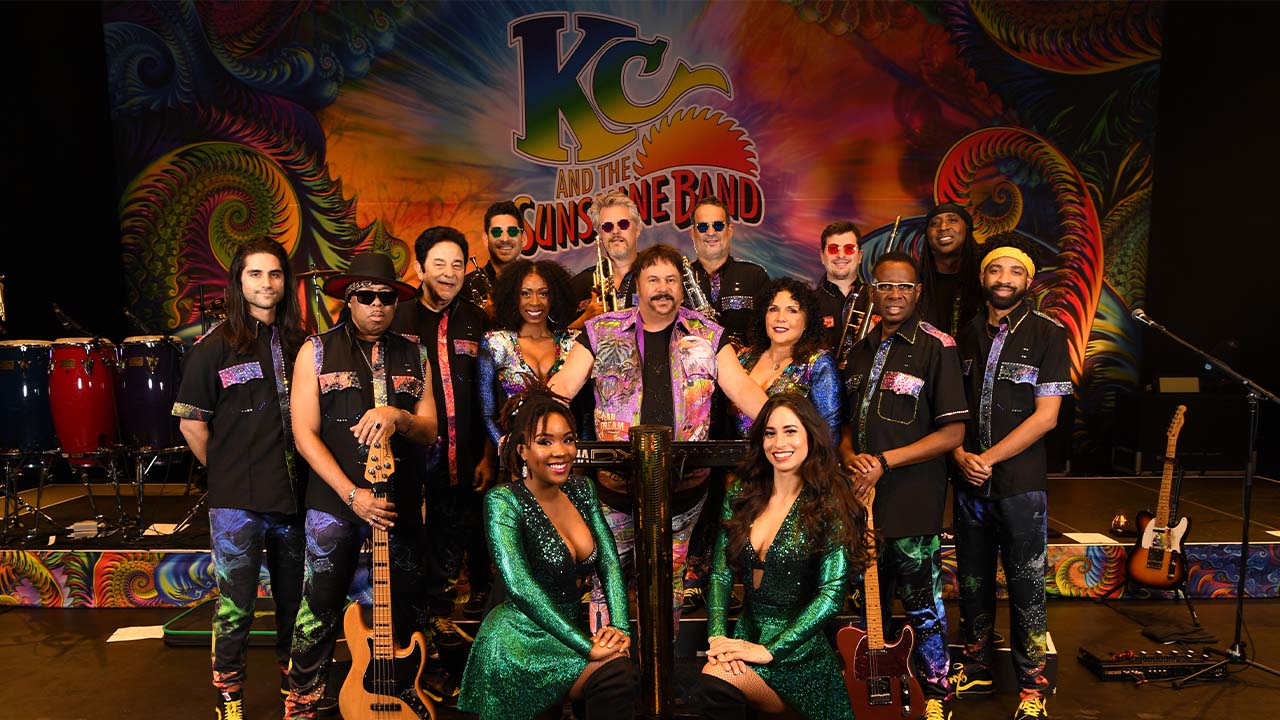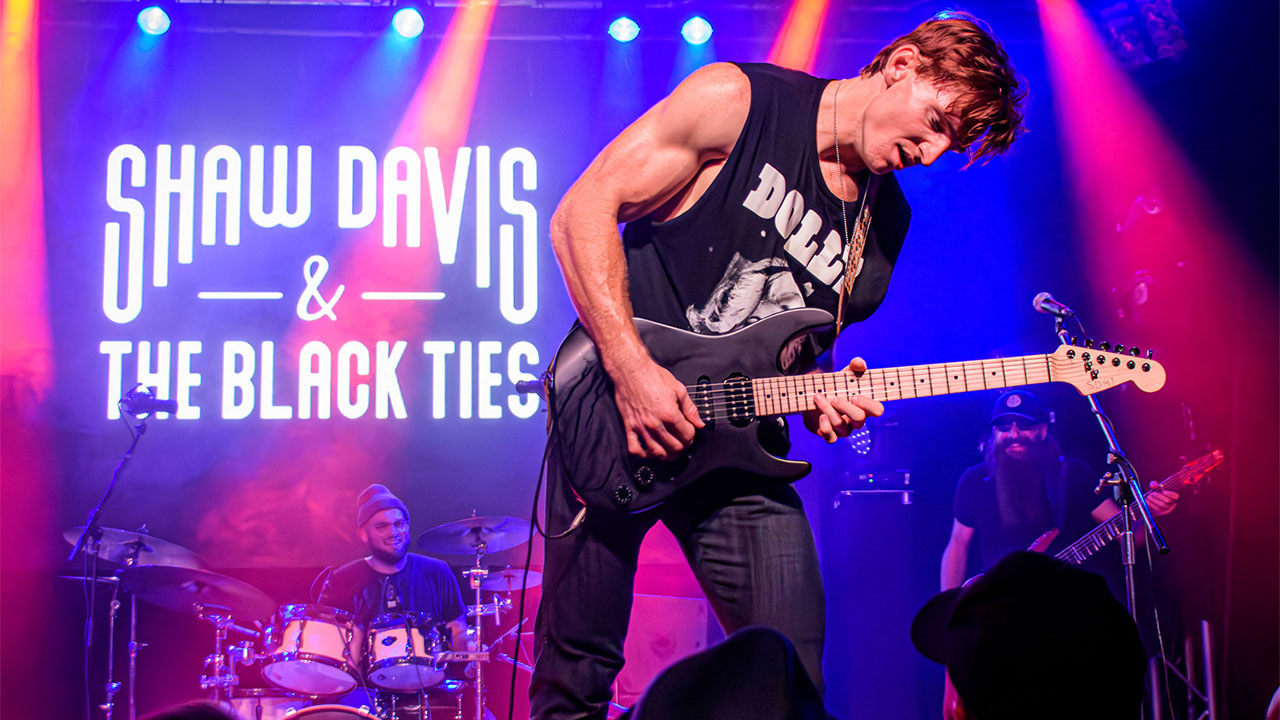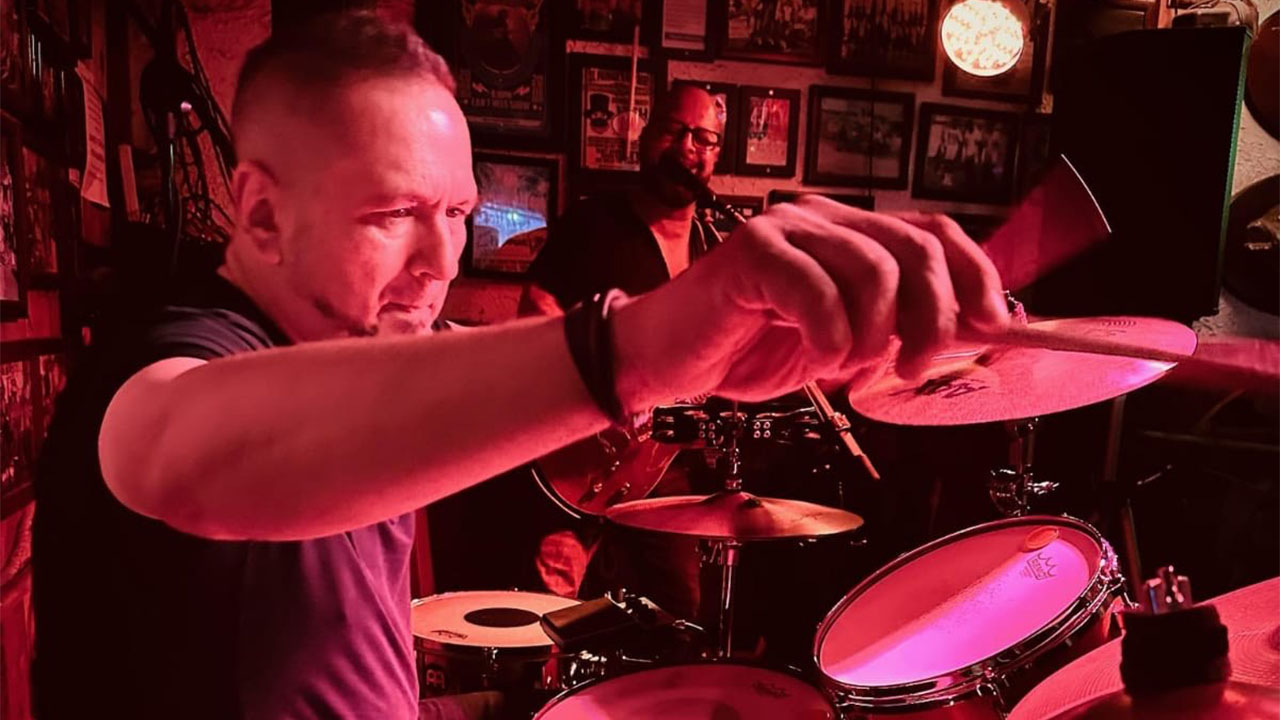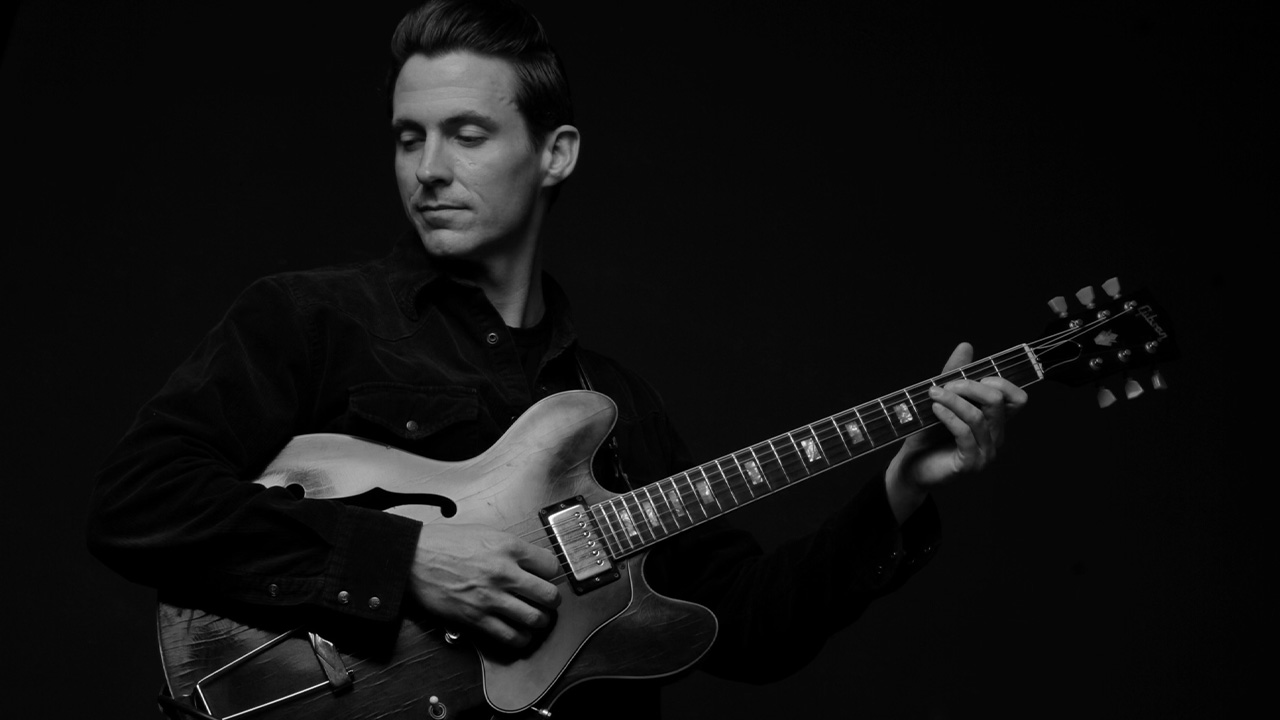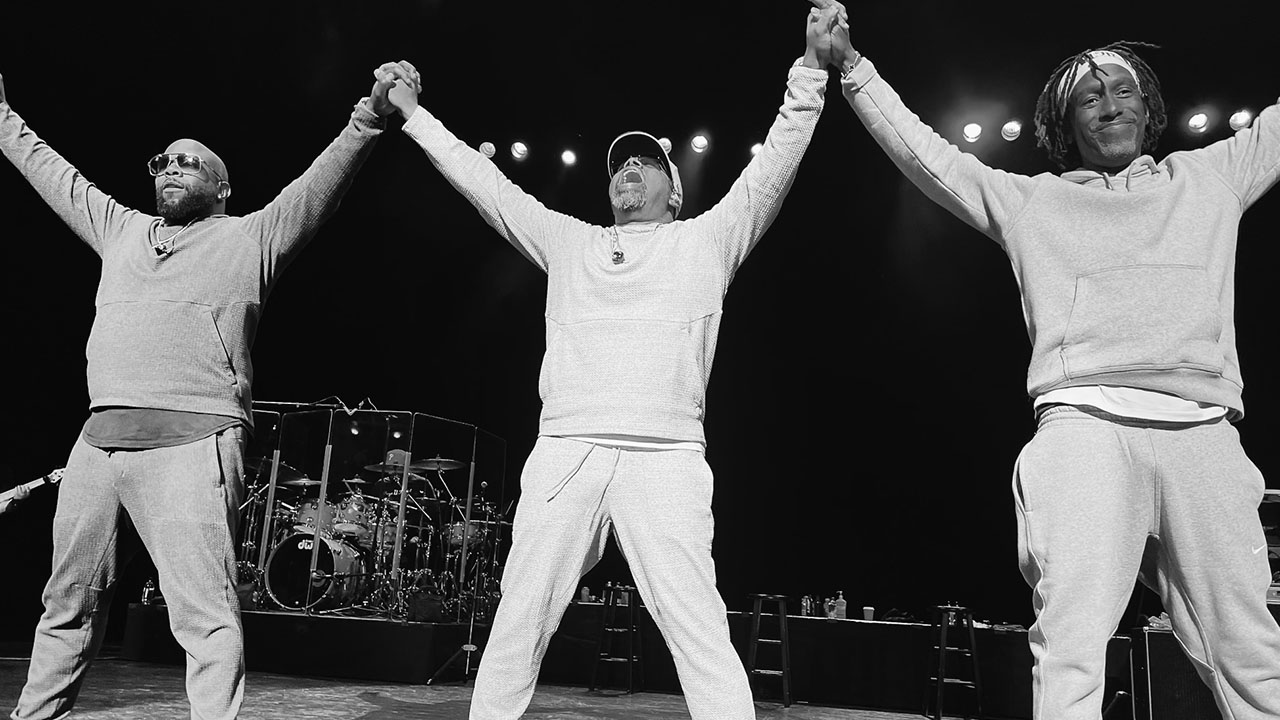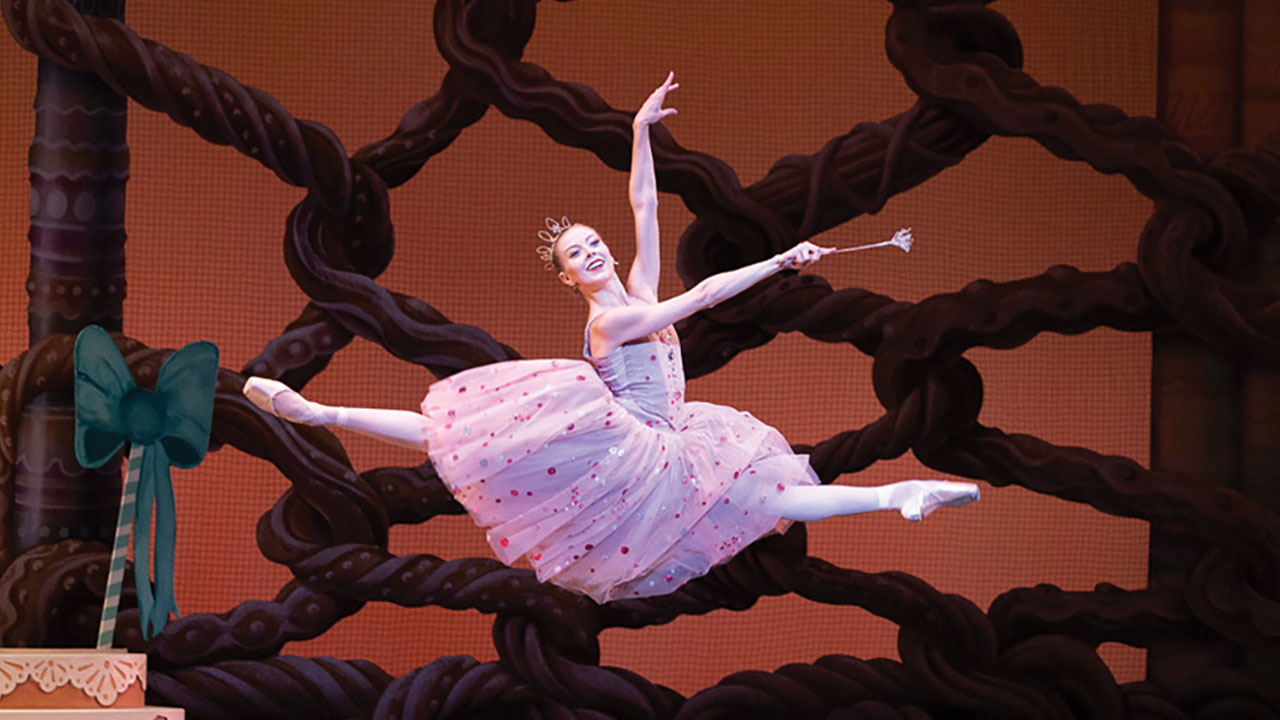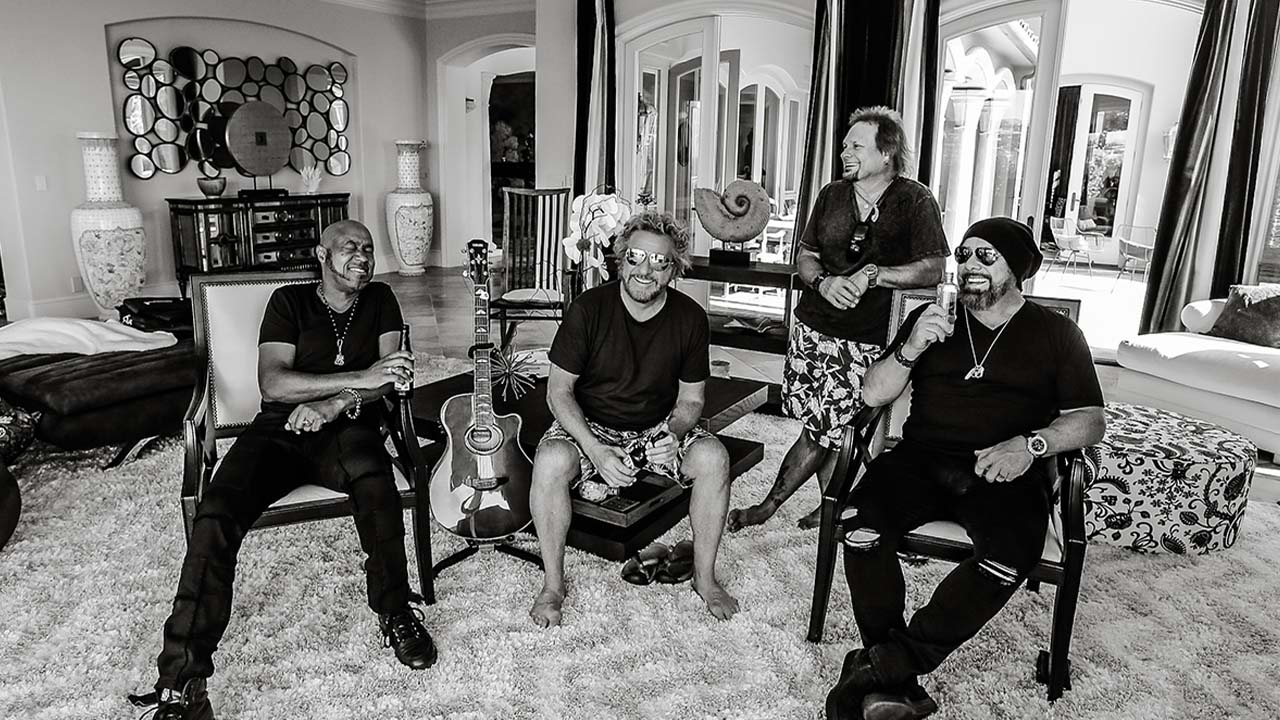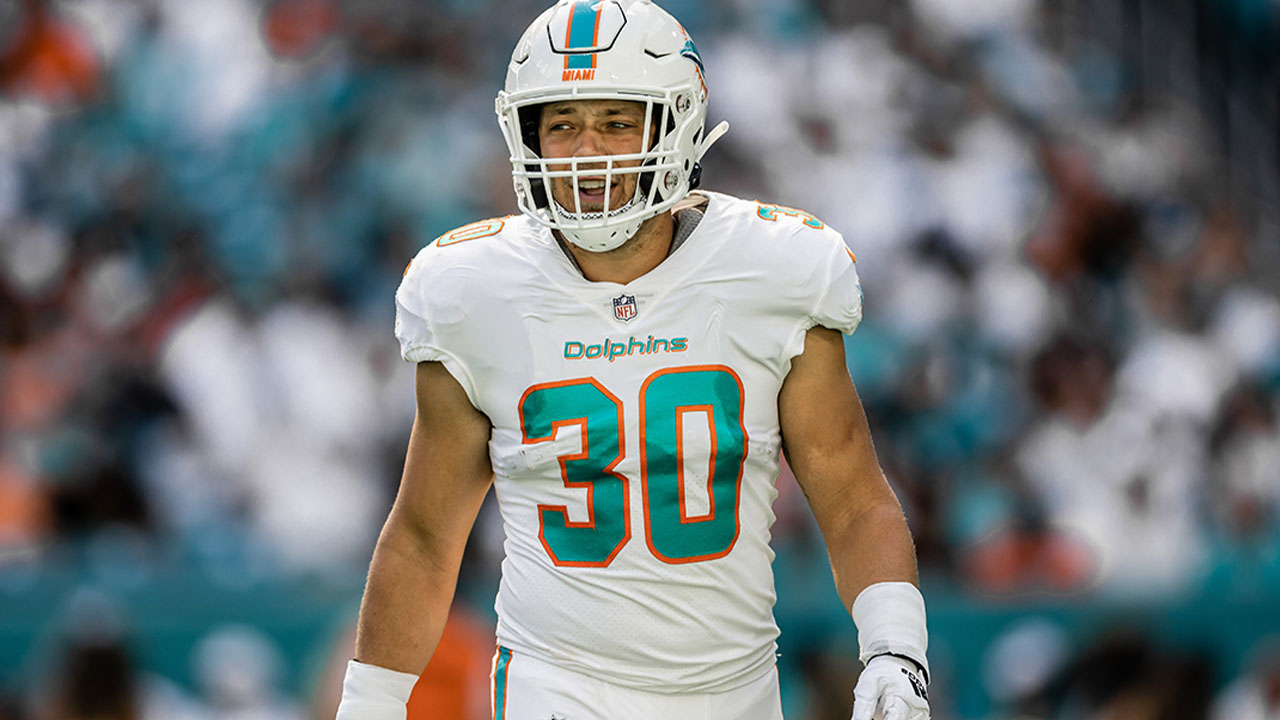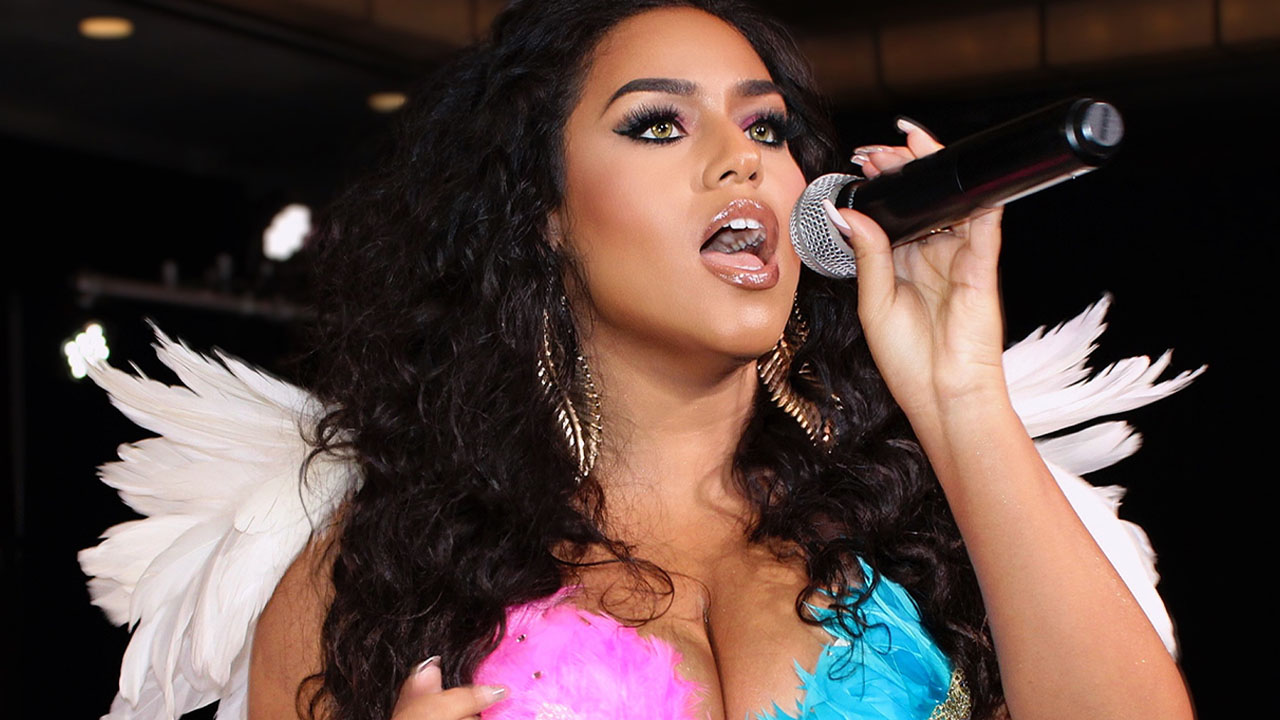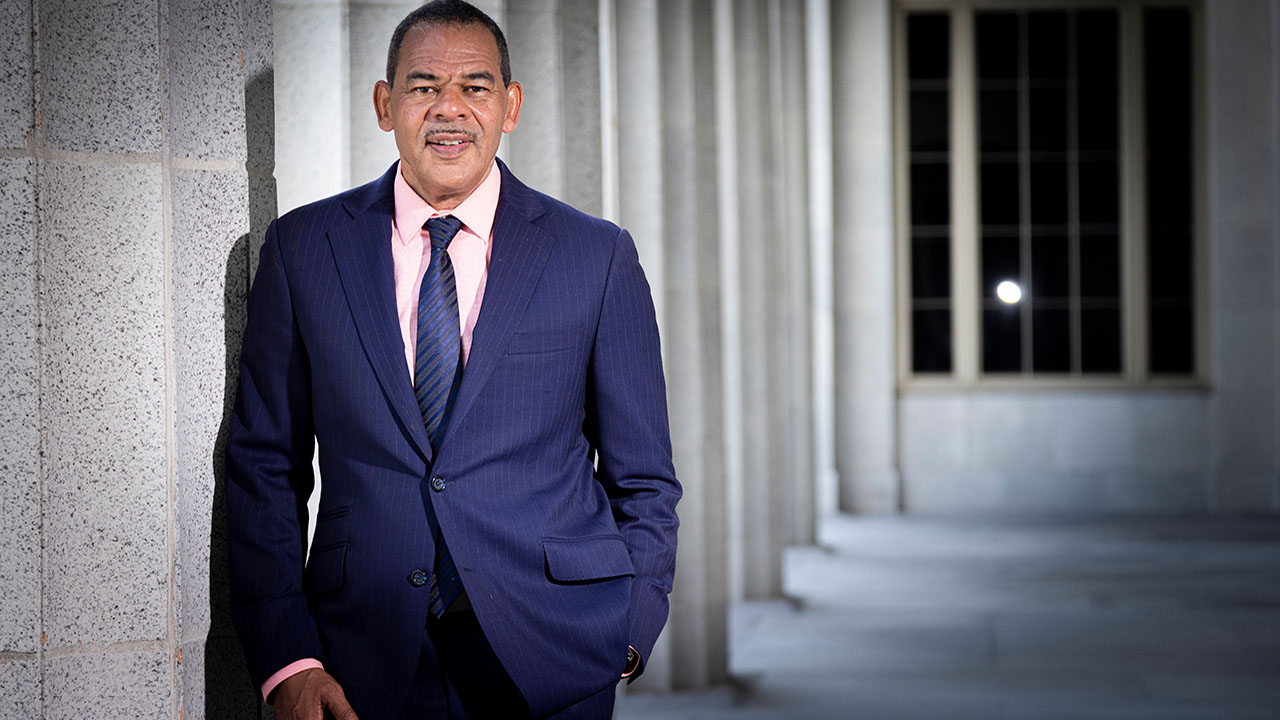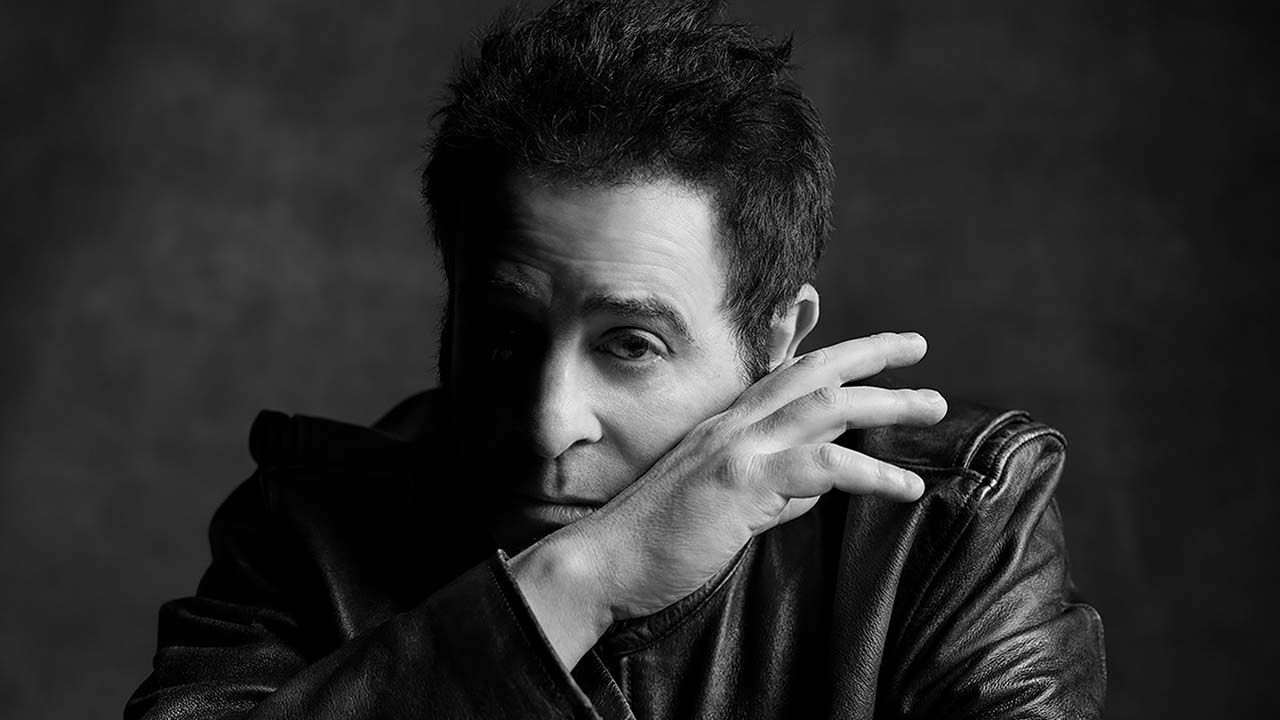Take us into the war room with your team as the impact of COVID-19 was crystallizing. How did you begin to assess all the different needs, and where to make an impact, understanding that things were changing on a daily basis?
I was receiving so many calls from nonprofits. Once everyone realized that [COVID-19] was going to be here awhile, and things were going to be shut down, the nonprofits were [overwhelmed]. They needed help. The grants we typically give are specific to a program; so, we gave them the dollars to use any way necessary to keep their own doors open. We asked other funders to clear their restrictions and funnel dollars to the nonprofit organizations so they could serve their clients.
[In addition,] we sent volunteers to nonprofits to help where needed. We purchased a refrigerated 18-wheeler for Feeding South Florida, because they were working so hard to get food to so many different places. … We upped our mental health programs. We did emergency financial assistance for people like the hourly and daily wage employees who lost their jobs.
What about people with children who did have jobs? You couldn’t stay home with your kids. So, we opened supervised learning pods, where people could drop off their [elementary age] children at a location to do their virtual learning while Mom or Dad [or both] were working.
I don’t think we stopped doing anything. We just pivoted and did it differently—and then we added so many services during COVID-19. We weren’t able to serve everybody in every way, but this is where we tried to be forward-thinking and prevent even more crises from happening.
One of the United Way success stories to come out of COVID-19 was the Microbusiness Recovery Program. Can you talk about the impetus behind it?
We’re always [creating programs] involving diversity and equity. But after the pandemic hit, we started to do some research, and it became clear that businesses [owned by people of color] were being affected more negatively than other businesses.
So, we carved out $500,000, and the Jim Moran Foundation matched us. We created grants for Black and brown-owned businesses. It was such a game-changer in some cases; they could literally keep their doors open. When we spoke to those businesses it meant so much to them. We’re so proud of that effort.
Was there an area of focus, directly or indirectly connected to COVID-19, that caught everyone by surprise because of the attention it required?
Food insecurity. It was eye opening to understand that people who lose a week of work, or even a few days, can struggle to put food on the table.
We do study this, and the ALICE report specifically addresses it. But it really came to such fruition that, no matter how resourceful a family is, they couldn’t provide food. You realize how families rely on the Title I schools, where children receive a free breakfast, free lunch and an after-school snack. Suddenly, these children were home, there’s no access to free school meals, and the parents were out of work. It was a catastrophe. And it was so scary for families. If you remember a few years ago, people waited in lines for hours for food distribution.
So, it became, how are we going to help as many people as possible? So many great companies and people stepped in. As did our team and volunteers. We were hand-delivering food to shut-in seniors and veterans. We helped with food lines. We opened some schools just for food. Everybody worked so well together—the schools, Broward Sheriff’s Office, the hospital systems, the health department. We came together as a community.
United Way is involved in the Choose Peace/Stop Violence initiative, along with Broward County Schools. Where do you see programs like Agents of Change and the Broward Youth Coalition having an impact on school-aged children?
That’s another pride point for us. It’s about appreciating each other’s differences and building self-esteem. We also discuss social justice and racism. This generation seems so much more accepting of each other. We spend a lot of time with students in these clubs about what that means—and we celebrate them.
It’s [also interesting] when it comes to emotional wellness. Kids are more apt to talk about their mental health than [years] ago. These programs [encourage] speaking up, supporting each other, and reaching out to classmates who need a friend, as opposed to chastising them or leaving them alone.
So, we give them these skills through different curriculum and guest speakers—and show why all this matters for them. And for others. It’s pretty cool to see the student leaders who’ve come out of these programs. It’s a great way for kids to take some leadership opportunities and step into different roles.
We have new dollars for Choose Peace/Stop Violence, so that’s going to expand to even more schools.
By the Numbers
As the widespread impact of COVID-19 on our communities came into sharp focus, United Way of Broward wasted no time assisting nonprofit organizations, coordinating support and creating new programs on the spot to offset the unprecedented challenges being faced by local households. Here are some of outcomes that resulted from those efforts—in just the first three months alone (March to June 2020).
$2,194,520: Amount of money raised in donations
385,980: The number of meals delivered to homebound seniors, veterans and homeless individuals
$679,241: The emergency financial assistance distributed for basic needs (rent, utilities, household supplies, etc.)
34: The number of local organizations and programs with which United Way of Broward partnered
$60,469: The value of the masks, gloves, hand sanitizer, etc., purchased and distributed to facilities and providers
461,805: Pounds of fresh food delivered through United Way of Broward’s Project Lifeline
$343,307: Assistance provided to partner agencies so that individuals and families could purchase food
200/400: The number of free books and summer reading kits delivered to children and their families
$1,663: Dollars raised by 18-year-old guitarist/singer Mike Daly, whose parents and grandparents are members of the United Way’s Alexis de Tocqueville Society, by staging several live virtual concerts.
Photography by Eduardo Schneider



